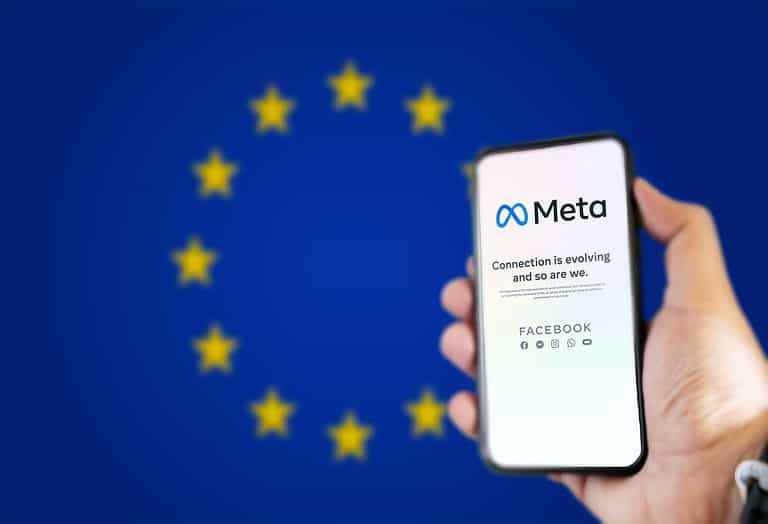Meta no longer has a legal basis to show its users personalized ads. This week, the European Union’s Court of Justice ruled that the practices violate the GDPR. The ruling sets a precedent for more convictions on data collection by dominant players in the digital world
On July 4, amid the celebrations in America, bad news fell on American Mark Zuckerberg. The Court of Justice of the European Union (CJEU) ruled Meta is illegally showing personalized ads to its users.
European antitrust authorities were on the other hand given a reason to party. Because of the CJEU ruling these authorities get greater authority to make rulings on data collection by tech companies.
End of a German study
To explain the connection between these cases, we return to the beginning of 2019. At the time, the German antitrust watchdog was investigating whether Meta, then Facebook, was not abusing its dominant position in the market to send more targeted ads to its users.
The authority ruled that the ruling made sense, as users did not have the choice not to see targeted ads. Facebook asked permission to combine personal information from the user for ad practices, but the user had no choice but to approve. That’s so because the question was included in the user agreement for the Facebook platform. Without approving this agreement, you don’t get access to Facebook.
The watchdog ruled that Facebook violated the GDPR rules while abusing its dominant position in the digital world. The ruling was hard to digest because of the GDPR part, which an antitrust watchdog does not have jurisdiction over.
CJEU gives antitrust authorities greater power
Facebook’s parent company appealed, taking the case to the CJEU. The EU’s highest court ruled yesterday that antitrust authorities may indeed judge whether a company is acting in accordance with EU laws that do not fall under their jurisdiction. Only if a privacy watchdog has already ruled on the case will this previously made judgment count.
With the CJEU ruling the legal basis for Meta’s advertising practices falls away. Under the GDPR, such a basis is required to collect personal data from European users. This basis has been increasingly weakened over the years in a whole collection of European investigations. The last argument left in Meta’s hands was that of personalized ads, and that too is now falling away.
The CJEU ruling is a bummer for Meta but gives European authorities the tools to punish illegal practices by large tech companies faster and harder. In the future, this ruling will undoubtedly bear fruit. After all, Meta is certainly not the only player imposing data collection on its users.
“In a complex digitalized economy, more than ever we need authorities to think outside the box and to consider data protection when dominant companies break antitrust rules. This is a good step forward,” Ursula Pachl, deputy director general of the European Consumer Organisation, reacted to the ruling.
